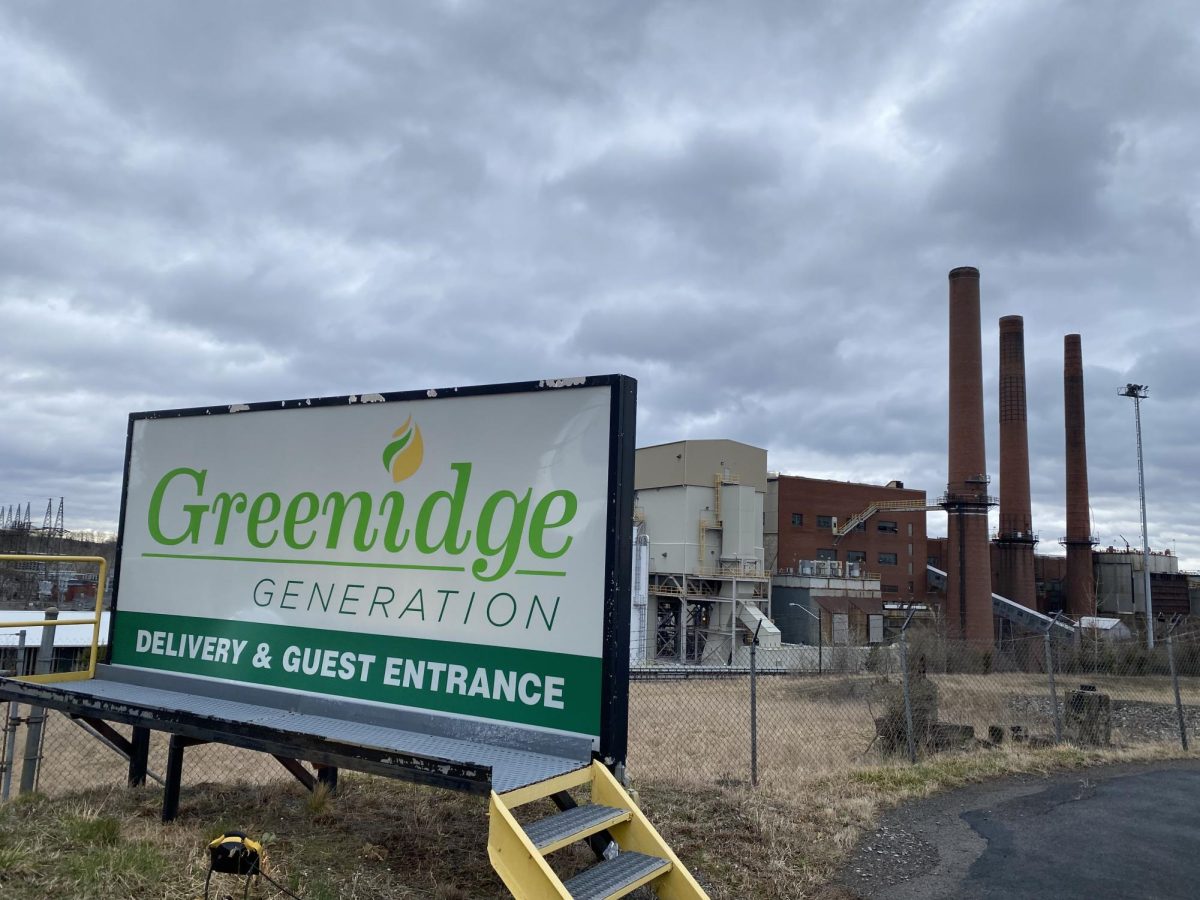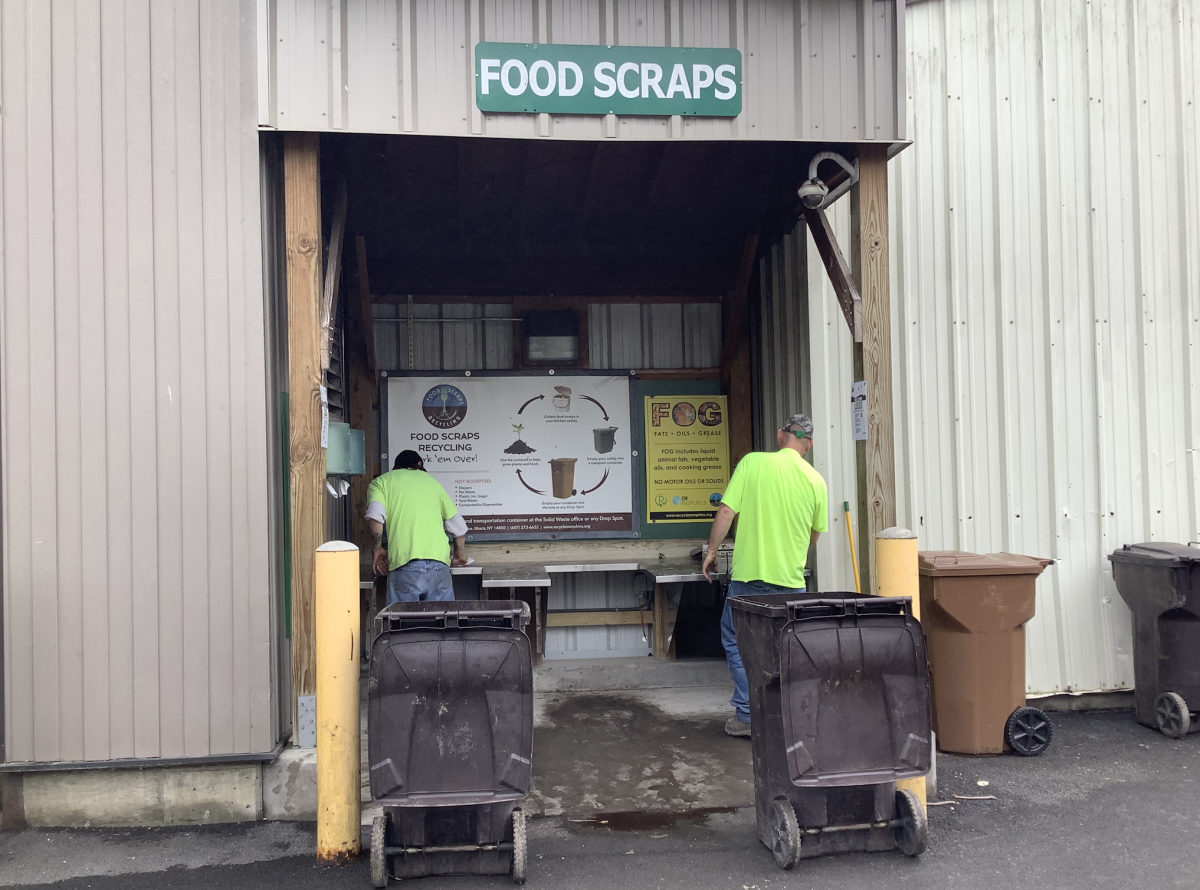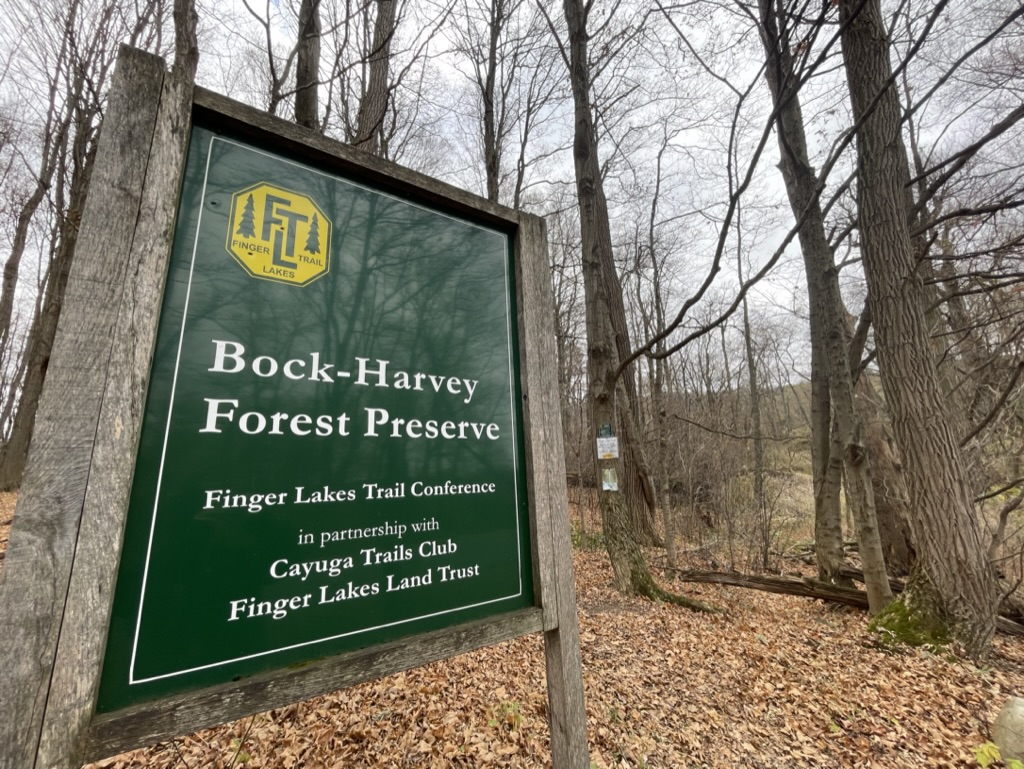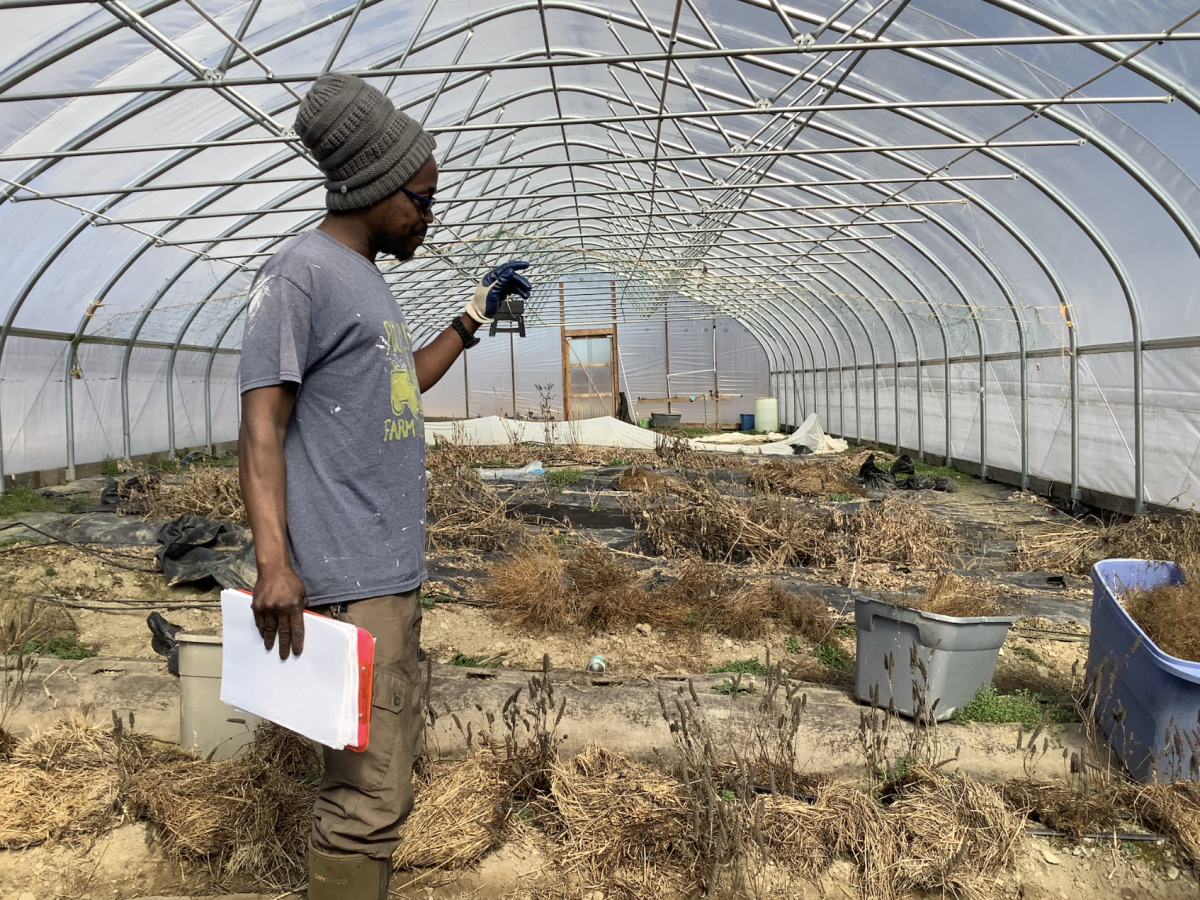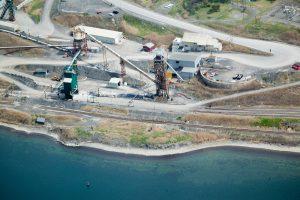
The Cargill salt mine
Although Cargill has not publicly announced the mine’s sale, Stephanie Redmond, the program manager and an environmental researcher for Cayuga Lake Environmental Action Now (CLEAN), said the news came unexpectedly through business media outlet The Deal.
“It was not actually public knowledge until they published in The Deal,” Redmond said. “So that was leaked to us, and we were able to find out that information, but the management of the mine has been unwilling to comment on any sale even to our county legislators.”
The salt mine was opened under the operation of John Clute of the Rock Salt Corporation in 1915. However, due to poor salt quality, the mine shut down until 1921 when Frank L. Bolton and John W. Shannon formed the Cayuga Rock Salt Company and bought the mine. They managed operations until Cargill bought its rights in 1970.

Environmental concerns
The environmental impact of the salt mine on Cayuga Lake has posed consistent problems to environmentalists. Redmond said mining operations close to the bottom of the lake could prove to be disastrous.
“As you go further north, the salt actually lifts closer to the surface or to the bottom of the lake,” Redmond said. “There’s a lot of concerns that, as they go further north, there’s a higher risk of collapse. This could cause significant damage to the water.”

Cargill has not completed an Environmental Impact Statement for the site, which is typically called for by the Department of Environmental Conservation.
Anne Koreman, a Tompkins County legislator, said the DEC needs to implement more environmental tests for owners of the site on a frequent basis.
“The DEC should require not just that Cargill, or whoever purchases it, does an environmental impact statement, but that the DEC requires it on an ongoing basis,” Koreman said. “There should also be a $10 billion bond to have some backup if a disaster happens.”
Raising salinity levels
According to CLEAN, salt mining operations have already raised the salinity level in Cayuga Lake to double the safe amount adults with hypertension can drink. A 2016 presentation by the Community Science Institute and Cayuga Lake Watershed Network reported that salinity levels in Cayuga Lake were increasing, although it does not directly list Cargill as the cause.

In a press release, New York State Sen. Lea Webb emphasized the importance of keeping Cayuga Lake clean.
“It is important that we protect Cayuga Lake, which provides fresh, clean drinking water to thousands of our constituents, recreation and respite to so many,” Webb said. “Access to fresh, clean water is critical to the health and well-being of our communities.”
Redmond said there are no financial gains that would outweigh the potential damage to the lake if it were to collapse.
“There’s no amount of monetary compensation for this,” Redmond said. “It’s an important resource for our community, not just monetarily, but it’s part of the health and safety of this area.”
https://www.youtube.com/watch?v=P9q0eVBlM4I&embeds_referring_euri=https%3A%2F%2Fjoshuapantano.wordpress.com%2F&source_ve_path=MjM4NTE&feature=emb_title

